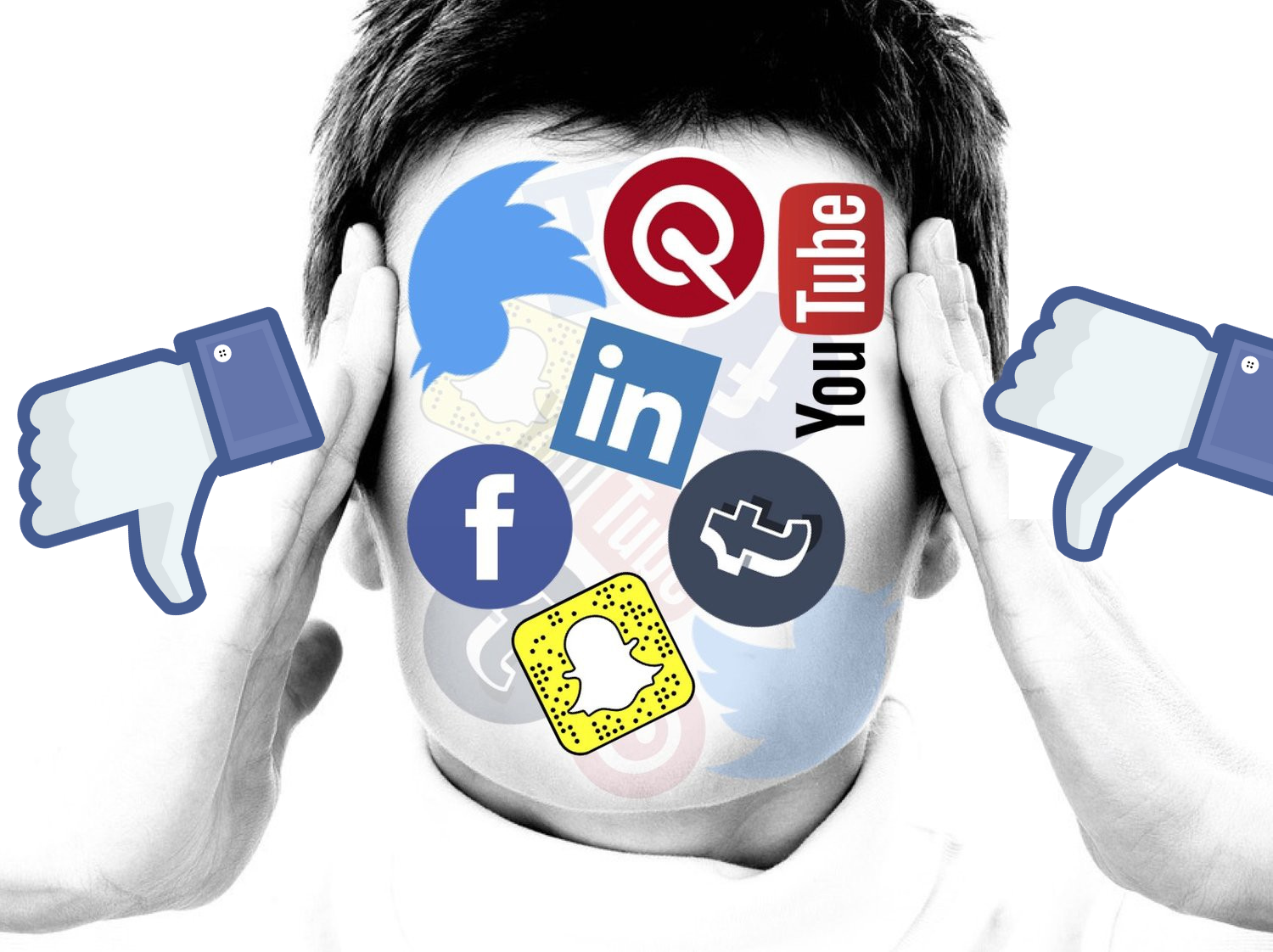Social Media The influence of social media on society is undeniable. It has allowed individuals to connect with friends, family, and communities on a scale never seen before, bridging geographical distances and breaking down communication barriers. People can share their experiences, opinions, and creative endeavors with a global audience, fostering connections and creating virtual communities around shared interests. The power of connection provided by social media has transformed the way we form relationships and engage with others, offering a sense of belonging and support.
1: The Power of Connection
In today’s interconnected world, social media platforms have revolutionized the way we communicate and connect with others. These platforms offer numerous benefits, including global connectivity, instant communication, and the ability to build communities around shared interests. Social media has facilitated the formation of online friendships, allowing individuals to connect with friends, family, and even strangers from all corners of the globe.
The power of connection provided by social media cannot be understated. It has played a crucial role in promoting social movements, mobilizing people for various causes, and raising awareness about important issues. Platforms like Twitter, Facebook, and Instagram have given a voice to marginalized communities, enabling them to share their stories, experiences, and perspectives with a wider audience. Social media has also allowed individuals to form support networks, providing emotional assistance and solidarity during challenging times.
2: The Dark Side of Social Media
However, along with its benefits, social media has a darker side that cannot be ignored. Excessive use of social media has been linked to mental health issues, including depression, anxiety, and low self-esteem. The constant exposure to carefully curated and often unrealistic portrayals of others’ lives can lead to feelings of inadequacy and social comparison. The fear of missing out (FOMO) induced by social media can create a sense of loneliness and dissatisfaction with one’s own life.
Cyberbullying is another alarming consequence of. The anonymity provided by online platforms can embolden individuals to engage in hurtful and abusive behavior towards others. Cyberbullying can have severe psychological effects on its victims, leading to feelings of isolation, depression, and even suicidal thoughts.
3: Raising Awareness and Digital Literacy
To address the negative impact of social media on society, it is crucial to raise awareness and promote digital literacy. Educating users, especially young individuals, about responsible online behavior and the potential risks associated with excessive social media use is paramount. Schools, community organizations, and parents can play a vital role in teaching digital literacy skills, including critical thinking, online privacy, and media literacy.
Moreover, fostering an environment of open dialogue and empathy can help combat cyberbullying and promote a supportive online community. Encouraging bystander intervention and reporting mechanisms can empower individuals to stand up against online harassment and create a safer digital space.
4: Self-Care in the Digital Age
In the digital age, it is essential for individuals to practice self-care and establish healthy boundaries with. Setting limits on screen time, taking breaks from, and engaging in offline activities can help maintain a balanced lifestyle. Nurturing real-life connections and spending quality time with loved ones can provide a sense of fulfillment and genuine human connection that often lacks.
Mindfulness practices and digital detox experiences have gained popularity as means to disconnect from the also digital world temporarily and focus on personal well-being. Engaging in activities such as meditation, exercise, reading, or pursuing hobbies can promote mental well-being and reduce the negative impact of on overall happiness.
Conclusion:
Social media has undoubtedly transformed society, connecting people from all walks of life and enabling the exchange of ideas on a global scale. However, it is essential to strike a balance between the advantages and disadvantages of. By raising awareness, promoting digital literacy, and practicing self-care, individuals can harness the power of while safeguarding their also mental health and well-being. Society as a whole has a responsibility to create a healthier digital environment that promotes empathy, inclusivity, and positive online interactions.

